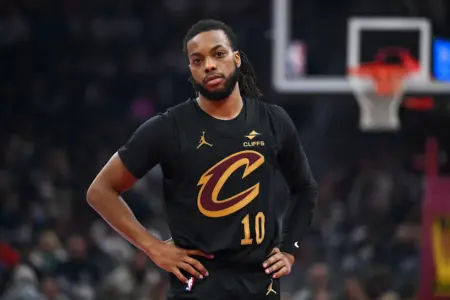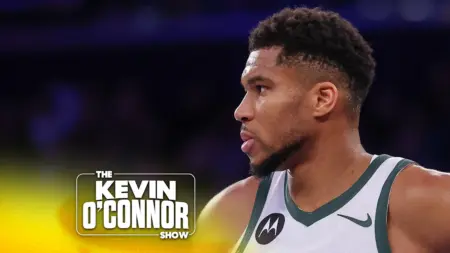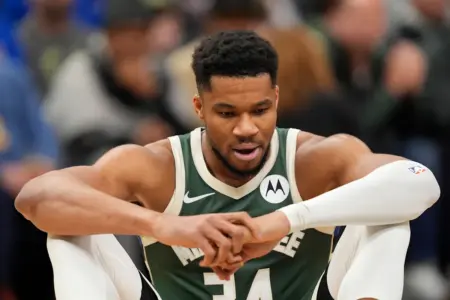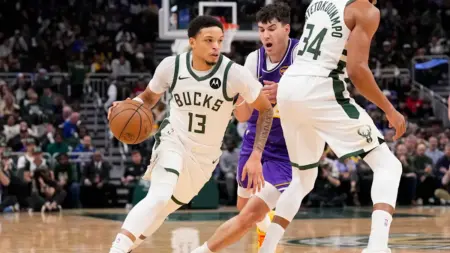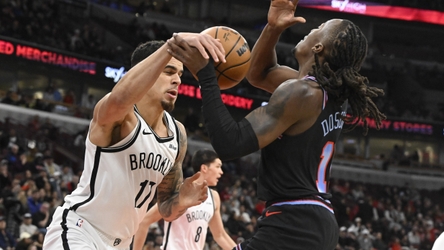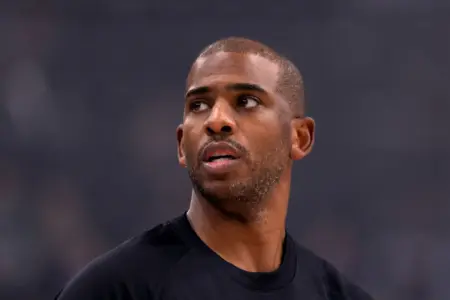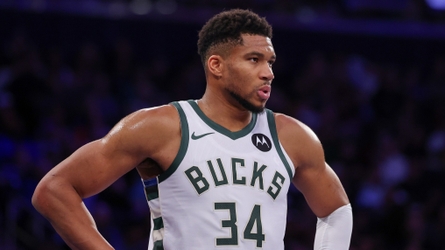The Financial Powerhouses of the NBA
The world of NBA ownership is witnessing an unprecedented surge in franchise values, with billion-dollar sales now becoming the norm. CNBC’s senior sports reporter, Michael Ozanian, has meticulously broken down the financial landscape of the league, unveiling the most valuable franchises. Leading the pack are the Golden State Warriors, valued at a staggering $9.4 billion, followed by the New York Knicks at $7.5 billion, the Los Angeles Lakers at $7 billion, the Chicago Bulls at $5.8 billion, and the Houston Rockets at $5.7 billion. These teams, while varying in on-court success, are all financial juggernauts, thriving due to their strategic business acumen.
The Winning Formula: Market Size and Revenue Streams
The keys to these franchises’ financial success lie in their market size, stadium deals, and local TV partnerships. The Golden State Warriors, under the leadership of Joe Lacob and Peter Guber, have set the gold standard in maximizing these revenue streams. The opening of their state-of-the-art Chase Center has been a game-changer, coinciding with the team’s championship runs and the presence of superstar Steph Curry. The Warriors have secured multi-year agreements for season tickets and stadium sponsorships, ensuring a steady stream of guaranteed revenue. Additionally, they have implemented personal seat licenses, which require fans to invest in the right to purchase season tickets, further locking in their financial stability.
The Impact of Star Power and Championships
On-court success and star power play significant roles in franchise valuations. Michael Ozanian emphasizes that star players like Luka Doncic can significantly drive fan engagement, ticket sales, and sponsorships. The potential trade of Doncic to the Lakers could elevate their value even further, especially in light of their economic dependency on ticket revenue due to their lack of control over the Crypto.com Arena. Winning championships is not just about trophies; it translates into financial windfalls through increased ticket prices, higher luxury suite revenues, and increased sponsorship deals. The Lakers, in particular, stand to benefit immensely if this trade materializes and leads to another championship run.
The Less Glamorous but Steady Performers
While the top five franchises are household names, the bottom of the list reveals a different story. The Memphis Grizzlies, Minnesota Timberwolves, New Orleans Pelicans, Charlotte Hornets, and Indiana Pacers, valued at $3.2 to $3.4 billion, are based in smaller markets. Despite this, some of these teams have achieved notable on-court success. The Grizzlies and Timberwolves have made playoff appearances, and young stars like Ja Morant and Anthony Edwards are driving fan interest. The Hornets, recently sold to Rick Schnall and Gabe Plotkin, and the ongoing sale of the Timberwolves to Marc Lore and Alex Rodriguez highlight the ongoing financial dynamics in these markets. CNBC’s valuation process considers revenue multiples, historical transactions, and market specifics, providing a comprehensive assessment of each franchise’s worth.
The Celtics’ Unique Position and Market Potential
The Boston Celtics, ranked seventh with a $5.5 billion valuation, stand out as a unique case. Their storied history, 17 NBA championships, and strong local TV deal contribute to their appeal. However, they face a significant challenge: lack of control over the arena’s economics. The TD Garden, owned by the Boston Bruins’ management, limits the Celtics’ revenue from non-NBA events and hospitality. Despite this, the Celtics’ recent championship win generated substantial postseason revenue. The team’s majority stake is on the market, and the potential sale is expected to attract significant interest. CNBC’s analysts predict a bidding war, with Steve Pagliuca, the team’s minority owner, emerging as a leading contender. His existing stake and tag-along rights make him a formidable player in the potential sale.
The Future of NBA Franchise Values
The sale of the Phoenix Suns for $4 billion in December 2022 set a new record, but the Celtics’ sale could surpass this, given the team’s reputation and financial performance. The NBA’s financial landscape is dynamic, with market size, revenue streams, and on-court success playing pivotal roles. As teams continue to innovate and capitalize on their assets, the value of NBA franchises is likely to continue its upward trajectory. Whether it’s the Warriors’ strategic business moves, the Lakers’ pursuit of star power, or the Celtics’ historic appeal, the financial future of these franchises looks promising.
Conclusion
The NBA’s financial landscape is a compelling story of strategic business decisions, market dynamics, and the impact of on-court success. The Golden State Warriors lead the pack, but the entire league is witnessing a financial renaissance. As teams like the Celtics and others navigate their unique challenges, the future of NBA ownership remains bright, with the potential for even more record-breaking sales on the horizon.


